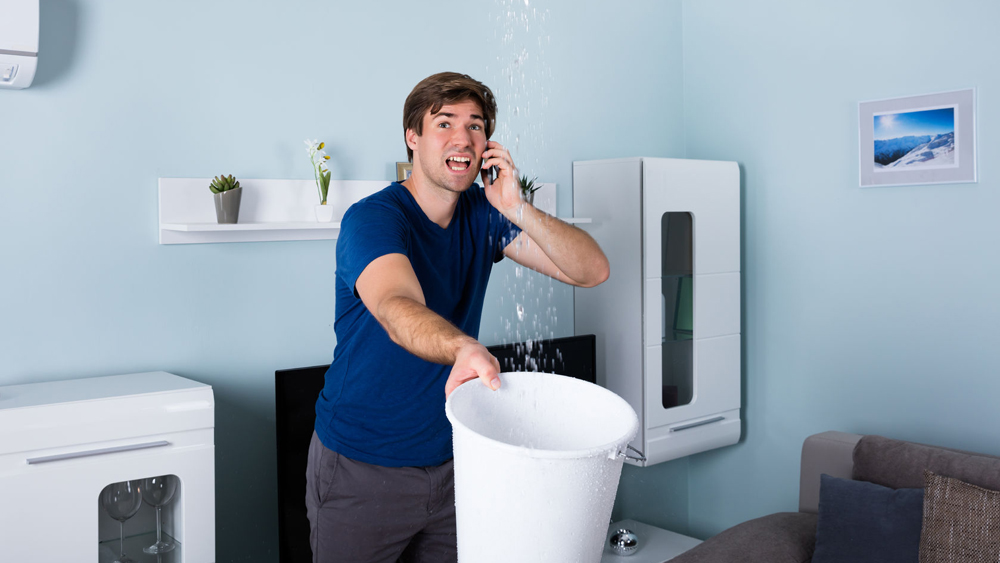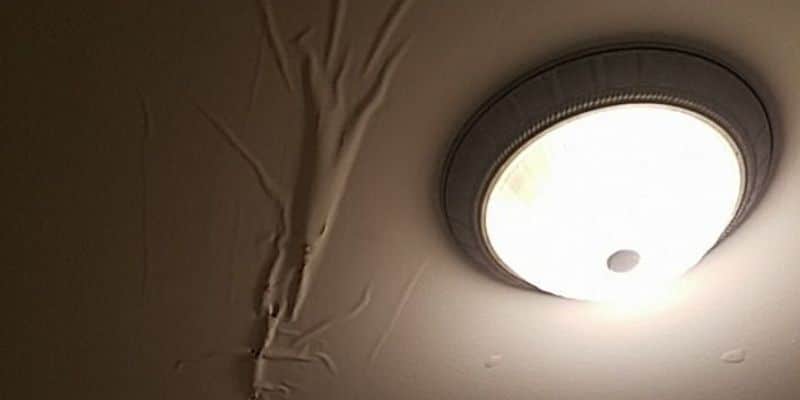The Six Most Common Sources of Water Leaks in Your Home: How to Identify and Address Them
The Six Most Common Sources of Water Leaks in Your Home: How to Identify and Address Them
Blog Article
Here in the next paragraph you will discover lots of professional advice relating to Common Water Leaks In House.

Leakages not just cause waste of water but can additionally cause unneeded damage to your home and promote unwanted natural development. By comprehending and looking for daily situations that create leaks, you can protect your home from future leakages and also unnecessary damages.
Immediate temperature level modifications.
Extreme temperature level adjustments in our pipes can trigger them to broaden and also contract suddenly. This development and contraction might create splits in the pipelines, especially if the temperature are listed below freezing.
Corroded water supply
As time goes by, your plumbing system ages as well as corrosion such as corrosion might start eating away the pipelines. This might be the source of discoloration or warping on your water pipes. This requires an assessment with your plumber quickly. If our plumbing system is old, take into consideration replacing the pipes considering that they go to a greater risk of corrosion than the newer versions.
Malfunctioning Pipeline Joints
The factor at which your pipes connect is often the weakest link in the waterline. Pipe joints can weaken gradually, leading to water leakages. The bulk of pipe joints are not conveniently noticeable. If you have noisy pipes that make ticking or banging noises, specifically when the warm water is activated, your pipeline joints are most likely under a lot of stress. It is suggested to have your plumber evaluate your system annually.
Elbowing in roots
Many water leaks begin outside your home instead of inside it. If you notice a sudden decline in water pressure, claim in your faucet, take some time to go out and also analyze your yard. You could discover wet spots or sinkholes in your lawn, which might suggest that tree roots are invading water lines triggering water to seep out. You can have your plumber look for invasion, especially if you have trees or hedges near your property.
Poor Water Connectors
At times, a leakage can be triggered by loosened hose pipes and also pipelines that supply your devices. In case of a water links leakage, you may see water running directly from the supply line or pools around your appliances.
Blocked Drains
Obstructed drains may be irritating as well as inconveniencing, yet they can often wind up causing an overflow causing break pipes. Keep eliminating any kind of products that may go down your drains pipes that can clog them to prevent such troubles.
All the above are causes of leaks but not all water leaks result from plumbing leakages; some leakages could come from roofing system leakages. All leaks need to be repaired instantly to prevent water damages.
Leakages not only cause waste of water but can additionally create unnecessary damage to your home as well as advertise undesirable organic growth. By looking as well as recognizing for everyday situations that create leakages, you can protect your home from future leaks and unnecessary damage. Today, we will look at six leak triggers that might be triggering your pipelines to leak.
At times, a leakage can be triggered by loosened tubes and also pipes that provide your devices. In instance of a water links leakage, you might discover water running directly from the supply line or puddles around your appliances.
How To Check For Water Leak In Your Home
How To Check for Leaks
The average household's leaks can account for nearly 10,000 gallons of water wasted every year and ten percent of homes have leaks that waste 90 gallons or more per day. Common types of leaks found in the home are worn toilet flappers, dripping faucets, and other leaking valves. These types of leaks are often easy to fix, requiring only a few tools and hardware that can pay for themselves in water savings. Fixing easily corrected household water leaks can save homeowners about 10 percent on their water bills.
To check for leaks in your home, you first need to determine whether you're wasting water and then identify the source of the leak. Here are some tips for finding leaks:
Take a look at your water usage during a colder month, such as January or February. If a family of four exceeds 12,000 gallons per month, there are serious leaks.
Check your water meter before and after a two-hour period when no water is being used. If the meter changes at all, you probably have a leak.
Identify toilet leaks by placing a drop of food coloring in the toilet tank. If any color shows up in the bowl after 10 minutes, you have a leak. (Be sure to flush immediately after the experiment to avoid staining the tank.)
Examine faucet gaskets and pipe fittings for any water on the outside of the pipe to check for surface leaks.
Undetected water leaks can happen without the home or business owner even realizing. If you suspect a water leak, but not able to find the source. It is time to contact a professional water leak detection service, The Leak Doctor.
How To Find a Water Leak In Your Home
https://www.leakdoctor.com/blog/How-To-Check-For-Water-Leak-In-Your-Home_AE197.html

We hope you enjoyed our article about How to Find Water Leaks. Thanks so much for spending some time to read through our article. For those who enjoyed reading our blog entry please make sure you remember to pass it around. Thank you for your time. Visit us again soon.
Call Today Report this page